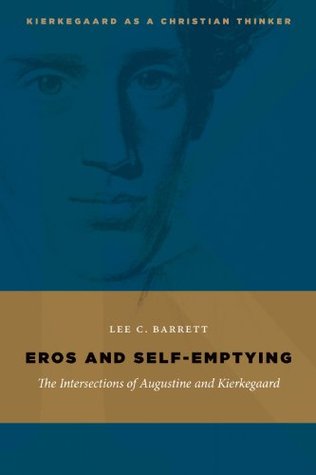realized from his own inner life that the internalization of the spirit of Christ was absolutely necessary for regeneration. Augustine’s Christian experience gave shape to his theology, even informing his critical appropriation of Platonism (rather than Platonism determining his understanding of Christianity). Karl Hase, a liberal theologian influenced by Kant and Schleiermacher who sought to synthesize modern culture — including critical historical studies — with religious feeling, depicts Augustine as sincerely pious, though somewhat artificial in style.40
Welcome back. Just a moment while we sign you in to your Goodreads account.


